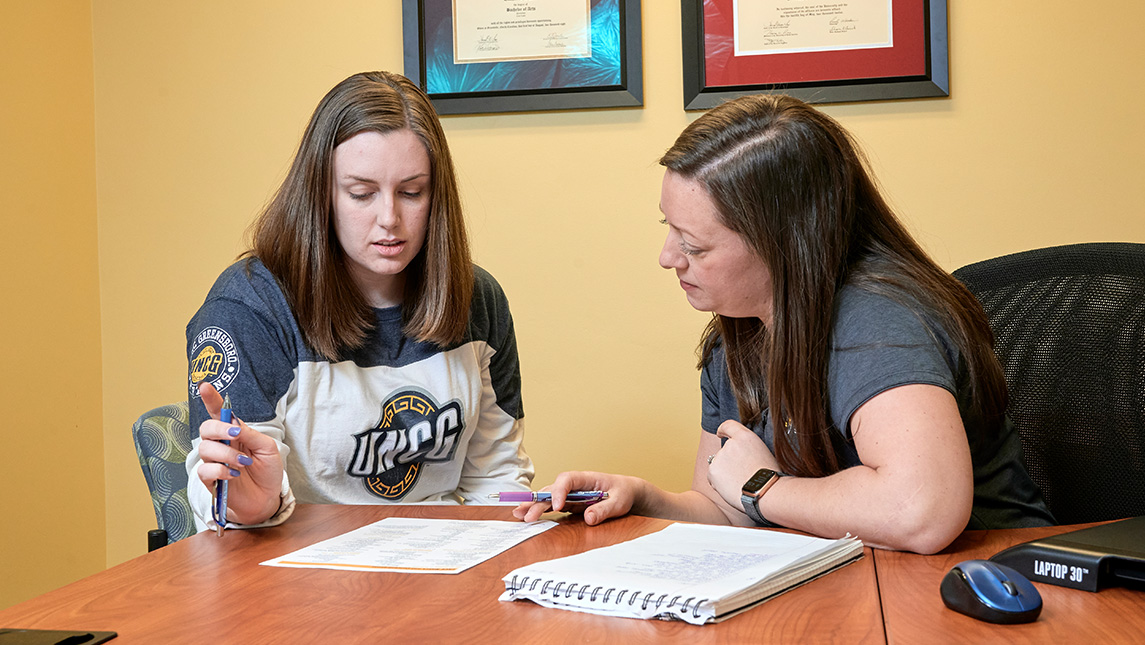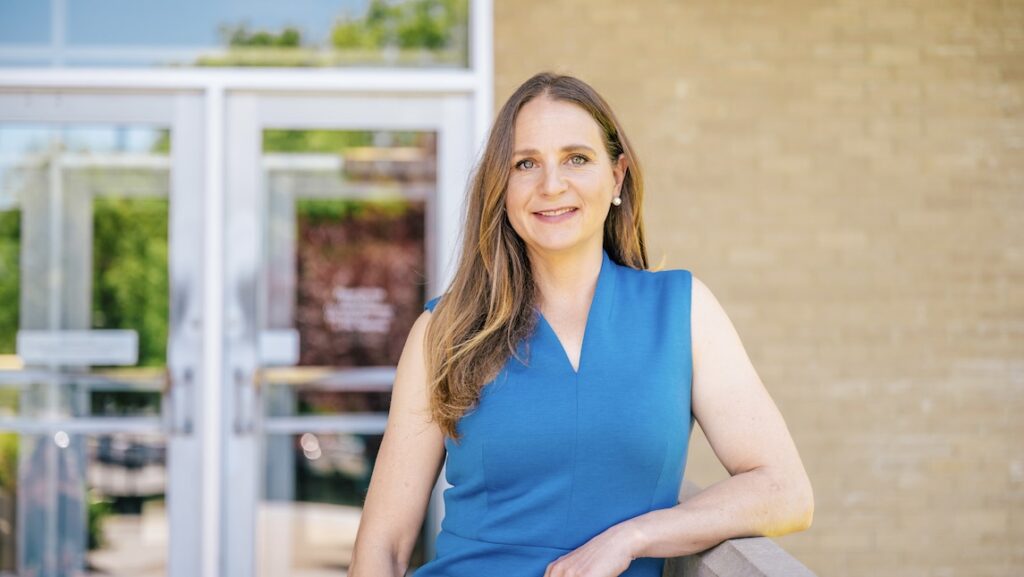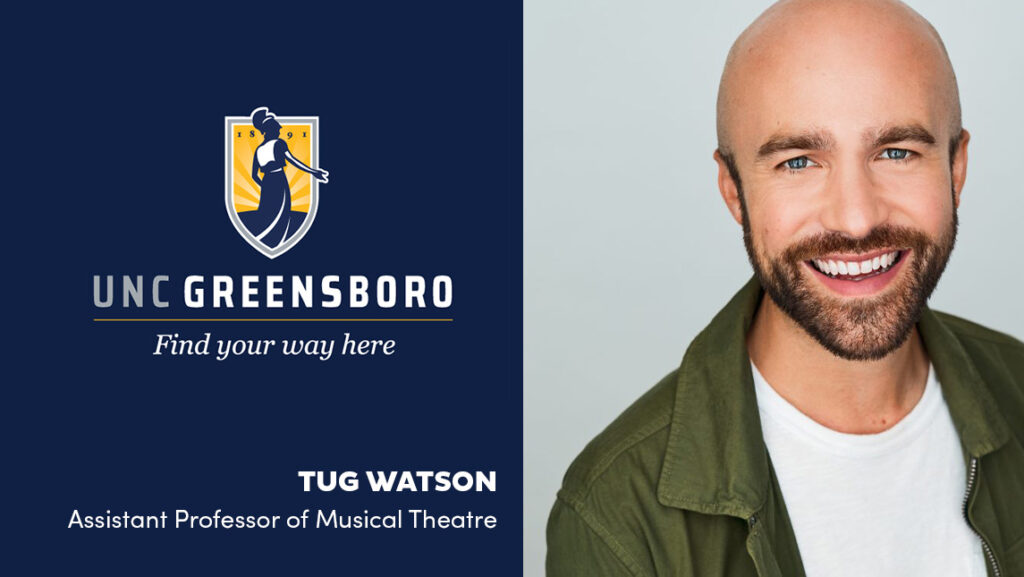When faculty representatives from the UNC System met for the Faculty Assembly, hosted for the first time by UNC Greensboro on April 14, they learned about a program being offered to faculty and staff members in the System’s institutions across the state.
Guiding Universities in Demonstrating Empathy (GUIDE) was developed by UNCG Professor David Wyrick in the Department of Public Health Education in the School of Health and Human Services. Wyrick is also president of Prevention Strategies, a research and commercialization affiliate of UNCG that promotes health and wellness. It empowers faculty members with empathetic communication skills, so that they can support students’ unique circumstances related to stress and anxiety or other mental health challenges.
Thanks to funding from the North Carolina Governor’s Emergency Education Relief Fund, UNCG can offer four GUIDE training sessions at no cost to each University in the UNC System.
Each session is aimed at faculty and student-facing staff and takes about three hours. The trained facilitators have all worked in higher education in some capacity and have backgrounds in counseling, public health education, health and wellness coaching, and motivational interviewing.
GUIDE is designed to not burden faculty and staff with new obligations or unnecessary information, but to prepare them for situations they already encounter in the classroom, an advising session, or a conversation in the hallway.
“Students are expressing higher rates of mental health concerns,” said Stephen Hebard ’15, chief innovation officer of Prevention Strategies. “Mental health centers are seeing higher rates of use. We’re seeing college students, right now, more than ever, seek help from counselors.”
Wyrick is also the founder of the Institute to Promote Athlete Health & Wellness. A team of researchers and educators from public health, prevention science, educational research methodology, mental health counseling, executive coaching, and motivation and decision-making sciences helped him develop GUIDE for coaches in the NCAA. Wyrick told the Faculty Assembly, “We quickly learned there was a market beyond collegiate coaches that could benefit from this training.”
Universities can schedule up to four sessions as is convenient. They must be completed by June 2024.
Hebard and Dr. GracieLee Weaver, assistant professor of public health education, demonstrated some of the scenarios from the GUIDE course for the Faculty Assembly.
“Twenty-one percent of faculty said supporting students in mental and emotional distress took a toll on their personal mental health,” said Hebard, citing a study out of the Boston University’s School of Public Health. “We want to give faculty and staff a sense of control, a sense of mastery over these skills, and confidence when a student approaches them with concerns about depression and anxiety.”
Weaver said the ultimate goal is to give students ownership of their decisions. “It helps them come up with some kind of solution. The students may come to you again, but they also build enough efficacy to handle these on their own.”
More information can be found here. Universities that are interested in getting GUIDE sessions can contact Shane Stadler at shanestadler@preventionstrategies.com.
Story by Janet Imrick, University Communications
Photography by Martin W. Kane, University Communications

Form connections, find tools for success



